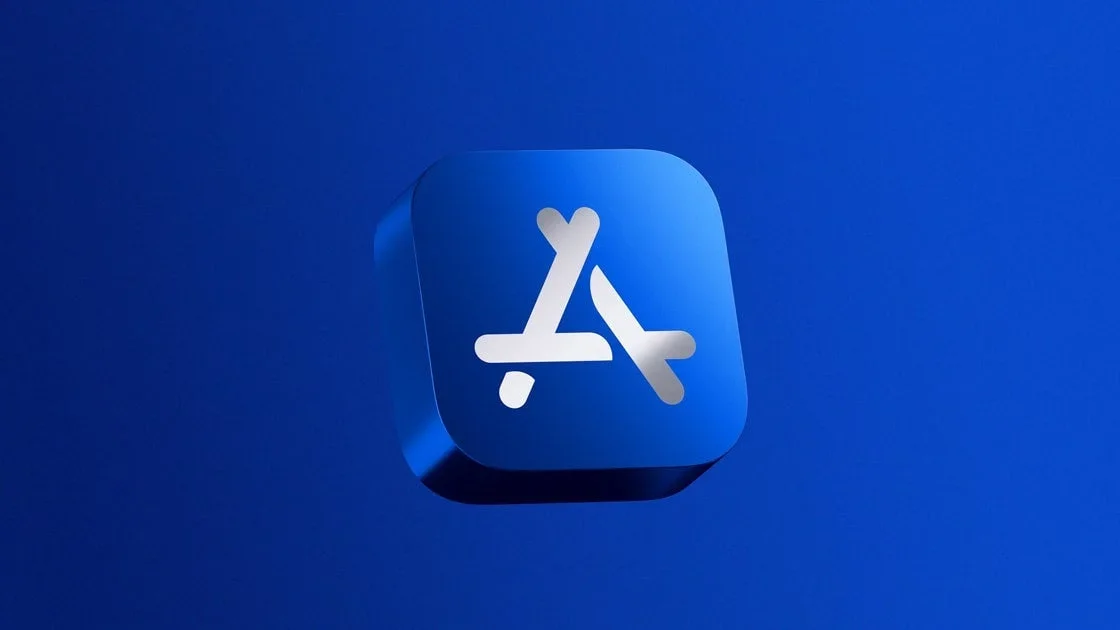In a fresh round of tensions between Epic Games and Apple, Tim Sweeney, CEO of Epic, has publicly denounced Apple’s recent changes to the App Store in the European Union. Apple’s new policies come in response to the European Union’s Digital Markets Act (DMA), but Sweeney is far from impressed. 
This latest chapter in the long-running Epic Games vs. Apple saga highlights ongoing disputes over Apple’s control of the App Store and its payment structures.
The feud began back in 2020 when Epic Games introduced a direct payment option for Fortnite on iOS, circumventing Apple’s 30% commission. This move violated Apple’s App Store rules, leading to the removal of Fortnite from the platform. Epic retaliated by suing Apple, accusing the tech giant of monopolistic behavior in controlling app distribution and in-app payments.
In subsequent court rulings, Apple was not deemed a monopoly, but it was found to have violated California law by preventing developers from linking to alternative payment methods. The court did uphold an injunction forcing Apple to allow developers to direct users to external payment options. While this ruling was a partial win for Epic, it did not resolve the larger battle over Apple’s practices.
Now, Apple has made significant adjustments to its App Store policies in the EU, aiming to comply with the new DMA regulations. Developers are now allowed more freedom to promote their apps and use multiple external links, giving users the option to choose payment methods outside of Apple’s ecosystem, a change that was previously restricted. However, the introduction of new fees has raised more concerns. Apple is implementing a 2% Initial Acquisition Fee for new users, along with a tiered fee system ranging from 5% to 13% based on the services developers choose. This is the aspect that has sparked Sweeney’s outrage.
Sweeney labeled Apple’s actions as a “malicious compliance scheme” that he claims is “blatantly unlawful” in both Europe and the U.S., calling it a “mockery of fair competition.” He pointed out that Apple continues to block auto-updates for certain apps, manipulates search visibility, and hinders customer support and family sharing for affected apps. His criticism underscores a deeper frustration with Apple’s ongoing dominance in the mobile app space.
In response, Sweeney has suggested that developers should be granted full freedom to manage their payment systems, whether through Apple, their own systems, or a hybrid approach. He believes Apple should charge for the services it actually provides and not impose extra fees or penalties for using alternative payment options. This, according to Sweeney, would lead to a healthier and more competitive app ecosystem. He’s calling for an approach that mirrors the open systems seen on platforms like Windows and Mac, which allows developers more flexibility and fosters innovation.
Despite these critiques, Apple’s stance remains largely unchanged. While regulators occasionally threaten action, Apple tends to adjust its policies in a way that preserves its control, often rebranding old strategies with new names. Observers have jokingly predicted that Apple might soon introduce fees under new monikers like the “Platform Participation Surcharge” or the “Digital Infrastructure Tariff,” highlighting the perception that the company’s tactics remain consistent, even as it adapts to legal pressures.